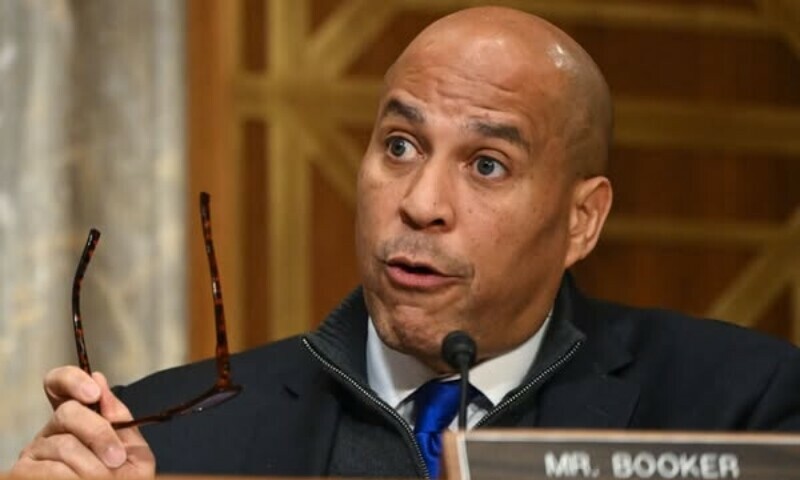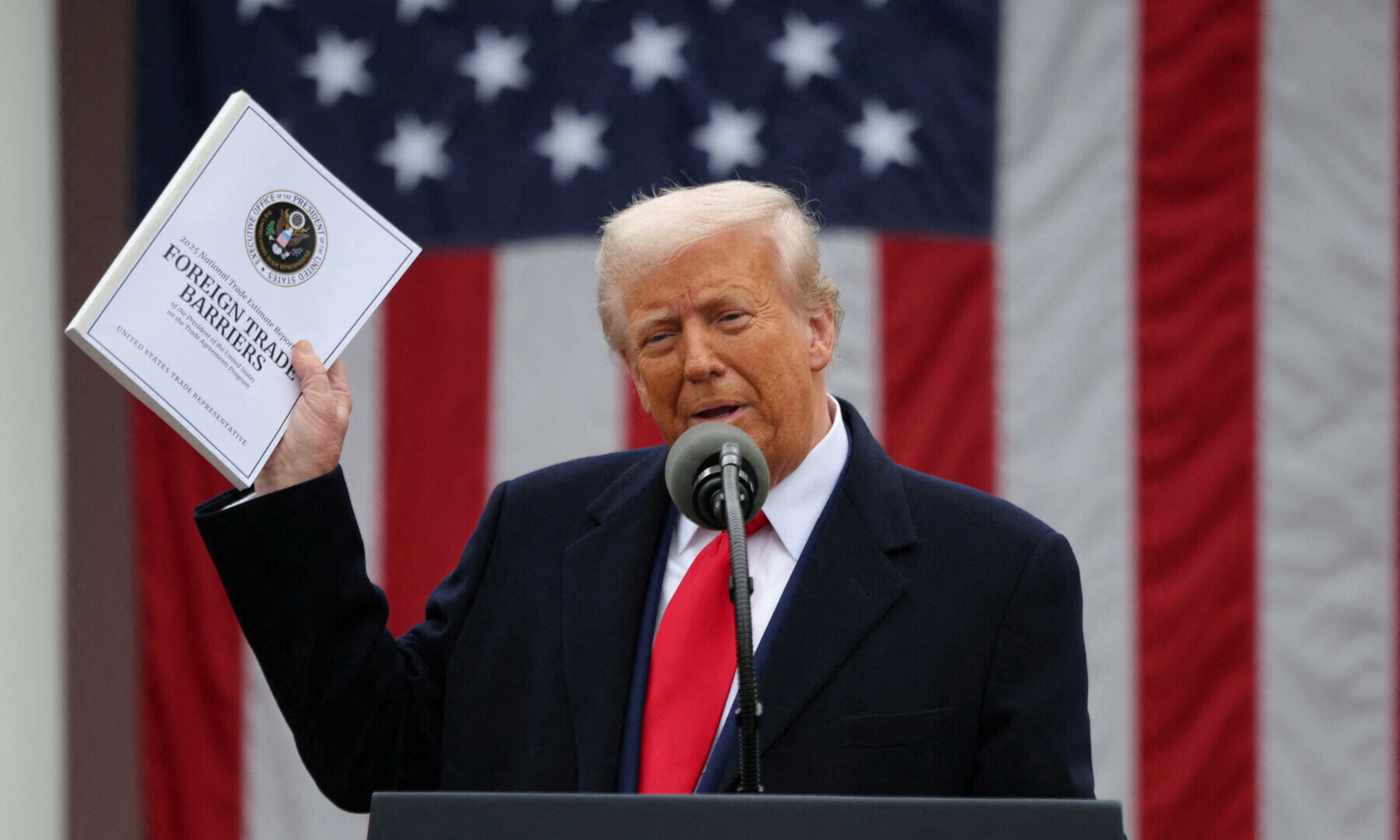WORLD NEWS

Senator Cory Booker of New Jersey made history on Tuesday by delivering the longest speech ever recorded in the history of the United States Senate. Standing for over 25 hours to protest President Donald Trump’s controversial and, in Booker’s view, unconstitutional actions, the speech was both a display of political defiance and a remarkable feat of endurance.
A Historic Moment
Booker’s marathon speech surpassed the previous record of 24 hours and 18 minutes, set by Strom Thurmond in 1957, when he filibustered against the Civil Rights Act. Booker, who is only the fourth Black senator to be popularly elected, said that Thurmond's record always “really irked me,” referring to Thurmond's opposition to civil rights for African Americans. Booker’s speech not only broke the record but symbolized his challenge against what he perceives as actions that undermine the core values of American democracy.
The Speech: A Call to Action
Booker began his speech at 7:00 p.m. on Monday and concluded at 8:05 p.m. on Tuesday. Though he did not engage in a traditional filibuster, which would have blocked votes, his speech became a rallying cry for fellow Democrats. He criticized Trump’s sweeping executive powers, particularly the cost-cutting policies that he argued harm essential programs without congressional consent. Booker stated that these actions were putting the very foundations of U.S. democracy at risk.
"In just 71 days, the president of the United States has inflicted so much harm on Americans’ safety, financial stability, and the core foundations of our democracy,” Booker said. "Unnecessary hardships are being borne by Americans of all backgrounds."
The speech was not just a political protest; it also served as a moment to inspire others to take action, echoing the words of John Lewis, a leader in the 1960s civil rights movement, who famously urged people to get into “good trouble.”
Booker, who previously ran for president, also sought to uplift Americans who were opposing Trump’s policies, ending his speech by declaring, "The power of the people is greater than the people in power."
Physical and Emotional Strain
Booker’s 25-hour speech was not just a political statement; it was also a physically demanding challenge. He was unable to sit down or even leave the floor for bathroom breaks, forcing him to endure intense cramps and fatigue. “My strategy was to stop eating,” Booker shared with reporters after the speech. “I stopped eating Friday and then stopped drinking the night before I started on Monday.”
He admitted that the approach had its drawbacks, including dehydration and muscle cramps, but said that he had to push through the pain to complete the protest. By the end of the speech, Booker was feeling "tired and a little hoarse," but satisfied with his effort.
The Impact of the Speech
While Booker’s speech did not block Senate votes, it served as a powerful reminder of the ongoing political struggle between Democrats and Republicans, particularly over Trump’s controversial policies. As a symbol of resistance, Booker’s endurance became a beacon for those who oppose Trump’s agenda, and many Democratic lawmakers expressed their admiration.
Senator Raphael Warnock of Georgia thanked Booker, saying, “I just want to thank you for holding vigil for this country all night.”
Throughout his speech, Booker also found time to recite poetry, discuss sports, and even entertain questions from colleagues. His commitment to challenging Trump’s executive overreach and political direction helped rally his party and demonstrated his resolve in confronting what he believes is an existential threat to American democracy.
Conclusion
Cory Booker’s historic 25-hour speech has set a new record in the Senate, but more importantly, it highlighted the deep political divide in the U.S. and raised critical questions about the balance of power in Washington. Booker’s vocal protest against President Trump’s policies will continue to resonate as a defining moment in the ongoing debate over the future of American governance and democratic values.



